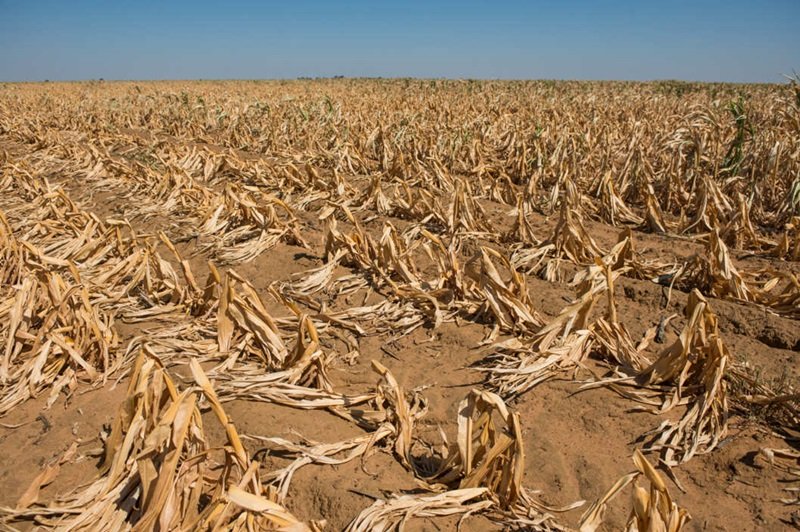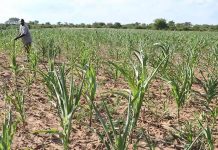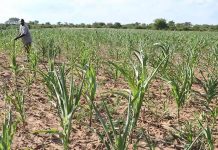ZIMBABWEAN families have run out of options to put food on their tables due to successive droughts as well as rising inflation and the situation is likely to be worse going forward, with projections for poor rainfall and harvests this year, Catholic Relief Services (CRS) has said.
CRS regional director for southern Africa Dorrett Byrd indicated that nearly seven million people across Zimbabwe were at risk of going hungry as a result of successive droughts and rising inflation.
According to the Famine Early Warning Systems Network, Zimbabwe is at a Phase Three food crisis, meaning that acute malnutrition was widespread.
“Families have run out of options to put food on their tables. There have been extensive crop failures and we’re seeing families who have depleted their food supplies. At the same time, families’ savings have been wiped out because of inflation,” Byrd said.
Over the last five years, Zimbabwe has been plagued by recurrent droughts and dry spells.
In a country where more than half the population survives on small-scale farming, that means that families have been forced to cope by using their savings or selling off household assets to buy food, CRS said.
“To cope with what’s happening here, a growing number of young people are migrating from rural areas to urban areas to find jobs, or are leaving the country altogether,” Byrd said in a statement.
“Migrating parents often leave their young children behind with grandparents who struggle to provide for them.”
To make matters even worse, CRS said families were contending with severe inflation, making their economic situation even more precarious.
Little rains have fallen in the country and livestock is dying due to lack of pastures and water.
A survey by The Standard in several parts of the country revealed that boreholes have dried up in most parts of the country forcing many to walk long distances to find water.
In areas where boreholes still have water, people are forced to wake up in the wee hours of the morning to take turns to fetch the precious liquid.
In agricultural fields, crops are wilting due to prolonged dry spells with some areas having last received rains early last month.






